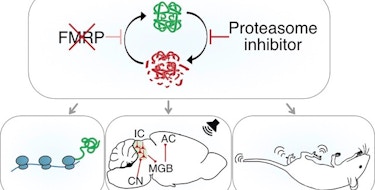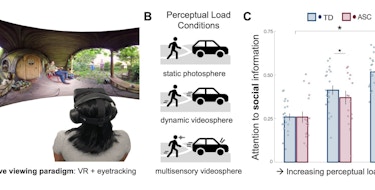
Studies of cohorts that consist primarily of individuals of European descent, such as the Simons Simplex Collection and the Autism Sequencing Consortium, have found that de novo mutations significantly contribute to risk for autism spectrum disorders (ASD). SFARI Investigator Evan Eichler and his colleagues now report on their assessment of de novo mutations in a cohort of over 1,500 Chinese individuals with ASD from the Autism Clinical and Genetic Resources in China (ACGC). The researchers used molecular inversion probes to selectively sequence the coding regions of 189 candidate ASD risk genes. Their results establish the importance of de novo mutations for conferring autism risk in both European and Chinese populations. SCN2A was found to be the most prevalent gene for de novo mutations in this study, confirming its role as a high-confidence autism risk gene. They also found robust evidence of ASD risk conferred by a number of candidate genes previously associated with only minimal mutation occurrence. Furthermore, Eichler and colleagues re-contacted individuals with de novo mutations, allowing them to not only confirm previously published genotype-phenotype correlations but also to describe potentially new genetic subtypes of ASD. Taken together, the findings from this study highlight how large global cohorts are likely to provide valuable insights into the genetic architecture of autism.
Reference(s)
De novo genic mutations among a Chinese autism spectrum disorder cohort.
Wang T., Guo H., Xiong B., Stessman H., Wu H., Coe B.P., Turner T.N., Liu Y., Zhao W., Hoekzema K., Vives L., Xia L., Tang M., Ou J., Chen B., Shen Y., Xun G., Long M., Lin J., Kronenberg Z.N., Peng Y., Bai T., Li H., Ke X., Hu Z., Zhao J., Zou X., Xia K., Eichler E.


